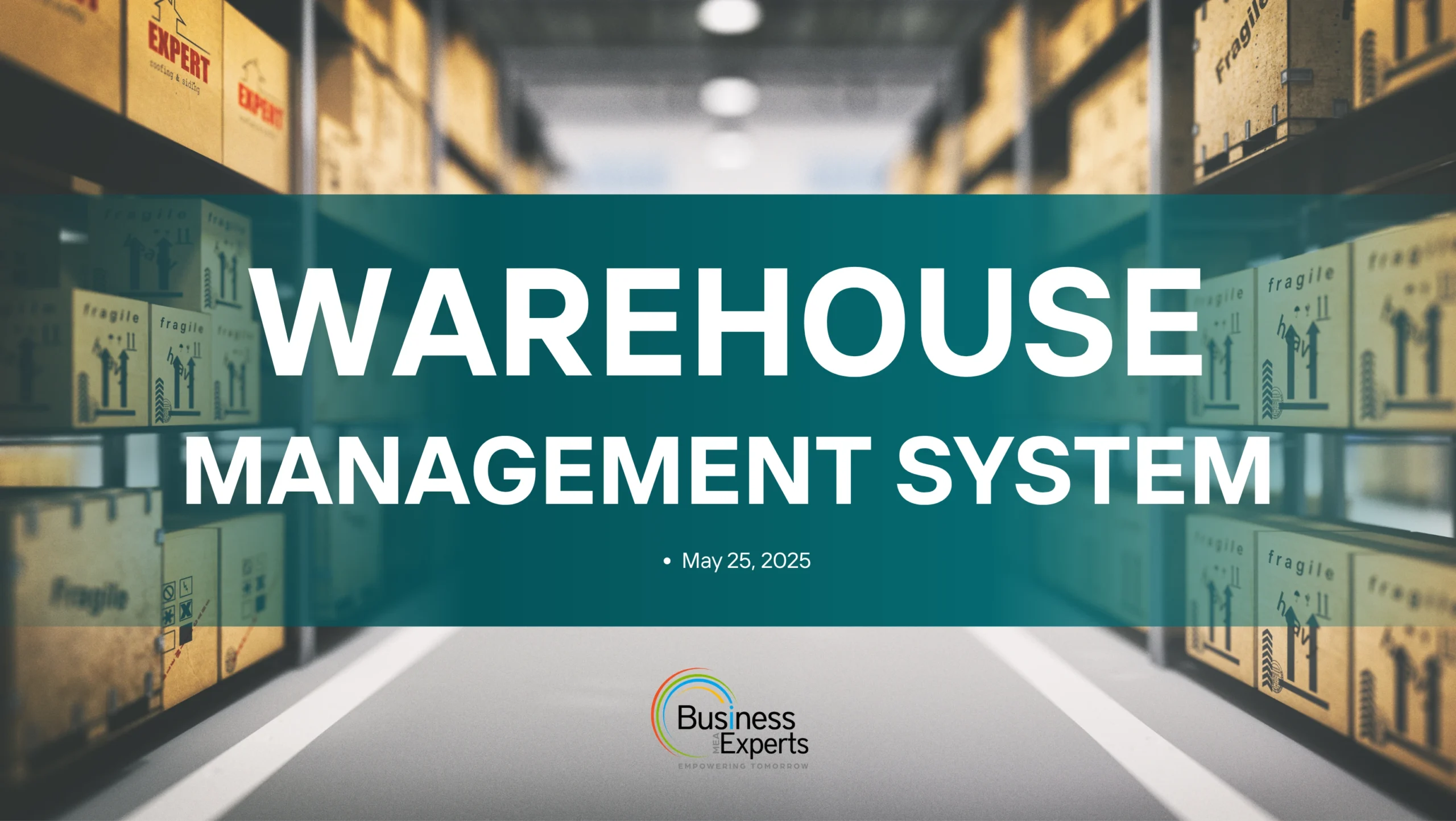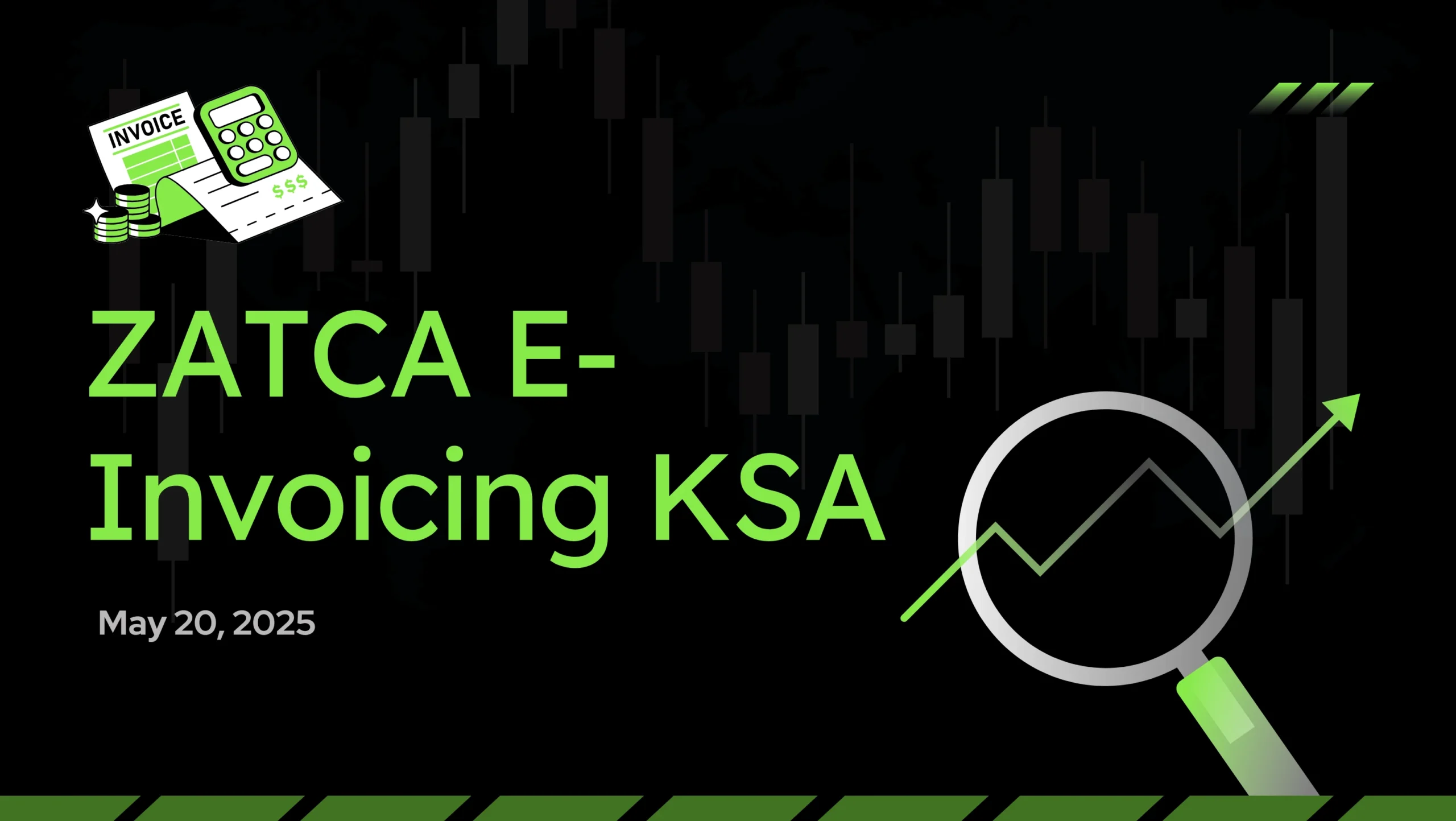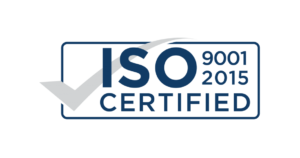It’s a big investment for any business, and choosing the right guide through this process can make sure you have success within the project itself. Indeed, with the proper Microsoft Dynamics partner, even an implementation can be turned into pure magic-smooth, easy, and highly valuable for the business and long-term goals of your company.
Picking the Right Microsoft Dynamics Partner
Choosing the right Microsoft Dynamics partner is very important to ensure the proper implementation of Microsoft Dynamics 365 products. Presented herein is how you can choose the right partner for your business needs.
1. Define Your Business Requirements
First, articulate your business needs before reaching out to a Microsoft Dynamics partner. Identify what problems you are trying to solve or what goals you would like to achieve with the use of Dynamics. Maybe the goal is that operations should work smoother, customer experiences seamless, or financial reporting less painful. You’ll know what type of partner you are looking for: one who specializes in those needs.
2. Evaluate Industry Experience
The customary practice is that Microsoft Dynamics partners develop a niche for certain vertical industries, such as manufacturing, retail, financial services, or healthcare. The more experience they have in the business you are dealing with, the more sensitive they will be regarding your requirements and better anticipate any challenges. For this purpose, probe their experience with similar projects they have executed in your industry and how they helped other businesses similar in nature to yours achieve their goals.
3. Verify Microsoft Certification and Competencies
Microsoft certifies partners on the basis of knowledge and commitment to the Dynamics platform. Check to see if the partner has some form of certification, such as Microsoft Gold or Silver Competencies in ERP, CRM, or certain Dynamics modules. The Gold ones prove the biggest competence and customer satisfaction levels. This will give you confidence that the partner is knowledgeable and committed to being updated with the latest technologies and best practices.
4. Assess Their Technical Skills
Your Dynamics partner should be very proficient in those respective modules and versions of Dynamics that your business are using or will use. Ask them about their technical competencies and certifications in those specific areas related to your business-be it Dynamics 365 for Finance and Operations, Sales, Marketing, or Business Central. Be sure they can also handle integrations, data migration, and customizations that may be key to your system.
5. Consider Their Project Management Capabilities
Besides technical knowledge, successful implementation of Dynamics requires good project management. Assess the manner in which the partner manages projects, timelines, and budgets. The partner should leverage established methodologies such as Agile or Waterfall to deliver projects on schedule and within budget. Clear communication and accountability throughout each stage of the project life cycle are very important for success.
6. Request References and Case Studies from Clients
The best way to determine whether a potential partner is going to be the right fit is to speak with their previous clients. Request references from clients that can provide insight into how they worked with this partner during implementation and after. Case studies will prove one’s methodology in approaching problems and how they’ve found success for challenges similar to the ones your business faces.
7. Assess Ongoing Support and Training
A Microsoft Dynamics implementation does not stop after the go-live date. Your partner should provide ongoing support and training so that your team will be able to perform to the full extent of the system and continue to evolve with it. Assess their support offerings-whether they are providing an account manager or help desk, or even standard system reviews. Also, check if they provide training programs focused on the skill level of your staff and business processes.
8. Consider Their Strategy on Customization and Scalability
Your business is unique, and you’re most likely to require some sort of customisation made to the Dynamics modules for certain needs. Ensure they have relevant experience in the customization of Dynamics modules and the integration of those modules with other systems that you rely on. Besides this, your business needs are going to keep on growing, and the solution should be scalable. A strong partner should be able to recommend solutions that grow with your business to ensure maximum ROI.
9. Evaluate Their Pricing Model
A person should know a partner’s pricing philosophy before tying up with them for a long-term relationship. Some partners offer fixed-price contracts, while others work on a time and material basis. Understand their pricing model and see how it fits into your budget. Be aware of all below-the-line charges for supporting, training, and upgrading the system after implementation. One should also ask them to explain clearly their SLAs so that one would know how much value one was going to get from the dollars invested.
10. Collaborative Approach:
The perfect Microsoft Dynamics partner will be an extension of your team. They should work with you to understand your business, culture, and challenges. Keeping that in perspective, collaborative partners will work on an exact solution to suit your needs and offer ongoing value. See whether the partner values long-term relationships over transactional engagements, and that is what will guarantee the success of the partnership after implementation.
Conclusion
The right choice of partner in Microsoft Dynamics, like Business Experts Gulf will make or break the success of any Dynamics implementation. You verify that your selected partners have the right industry expertise, technical skills, project management methodologies, and support and collaboration approach to make sure your partner will grow your business for the long term. Take your time while making a decision and review some of the partners before deciding which one best fits your business goals and culture. An ideal Dynamics partner can help your organization unlock the full potential of Microsoft Dynamics-driving long-term success.











